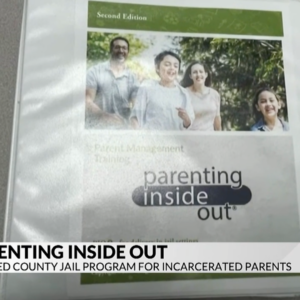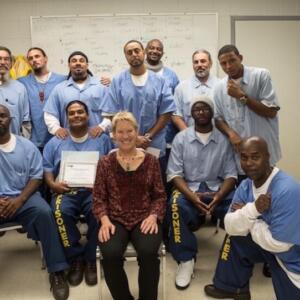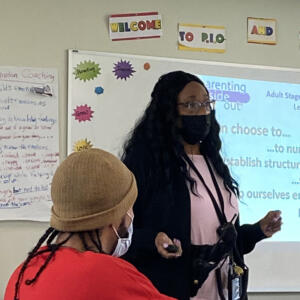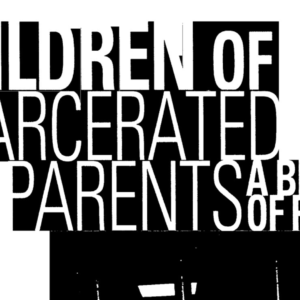 Supporting Incarcerated Parents and Children: An Implementation Toolkit for Parenting Inside Out in Prisons
Supporting Incarcerated Parents and Children: An Implementation Toolkit for Parenting Inside Out in Prisons Characteristics of Incarcerated Fathers and Mothers: Implications for Preventive Interventions Targeting Children and Families
ABSTRACT: The number of children of incarcerated parents in the U.S. has grown dramatically in recent years. These children appear to be at risk for various problems, and a number of family-focused preventive efforts have been attempted. The current study examines differences between incarcerated mothers, incarcerated fathers, and their families on factors that might be important to consider when creating the content and process of preventive intervention programs. Participants were 359 inmates (54% women; 41% minority) who were parents of children between the ages of 3 and 11 years and who parented their children prior to imprisonment. Mothers and fathers were similar on a number of dimensions including age, education-level, number and age of children, and family criminal history, but differences were observed on key variables relevant to outcomes for children and families, including employment history and income, substance use, mental health, trauma experiences and criminal history. Implications for prevention programs are discussed.

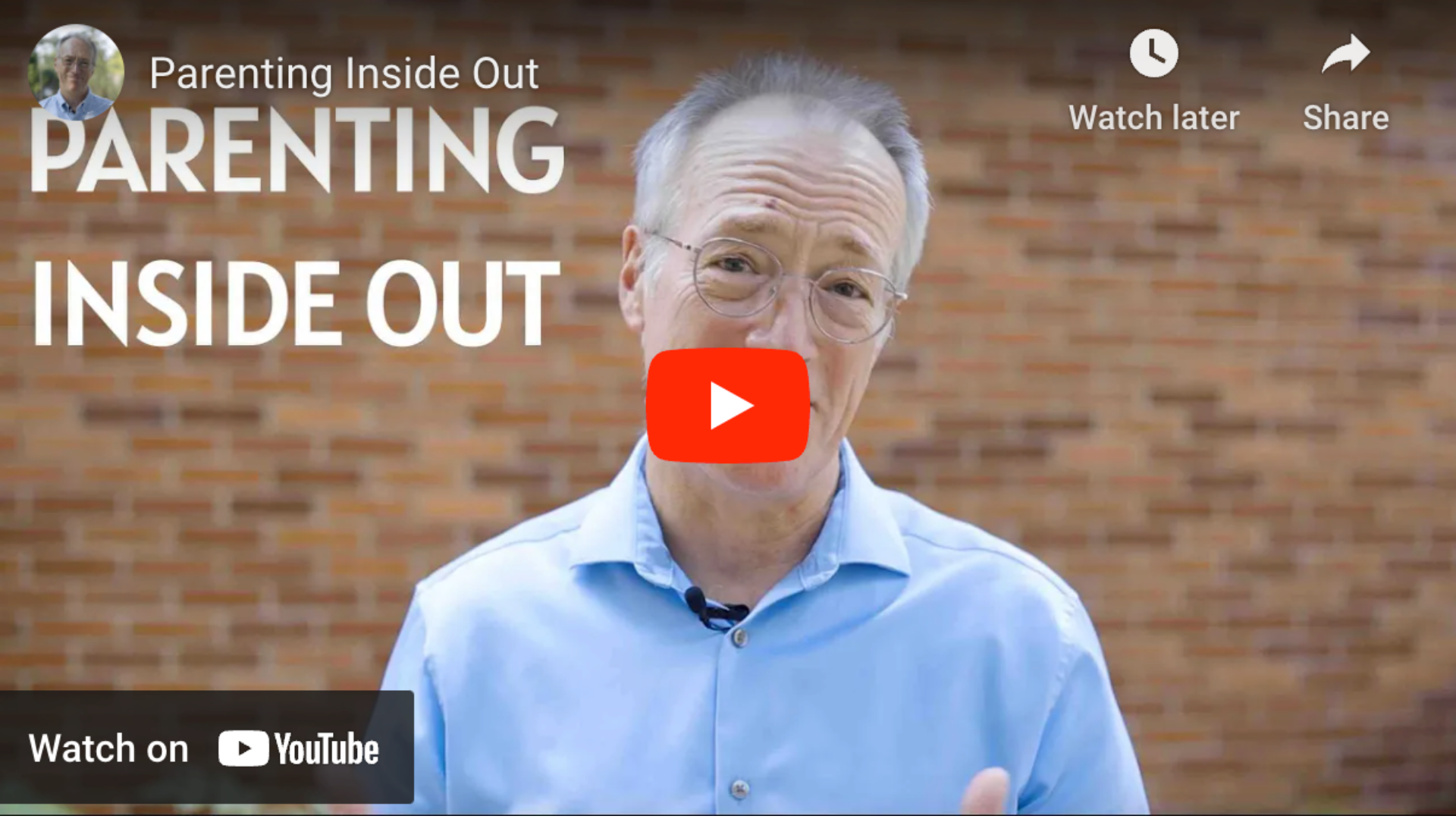 Learn About PIO From J. Mark Eddy
Learn About PIO From J. Mark Eddy 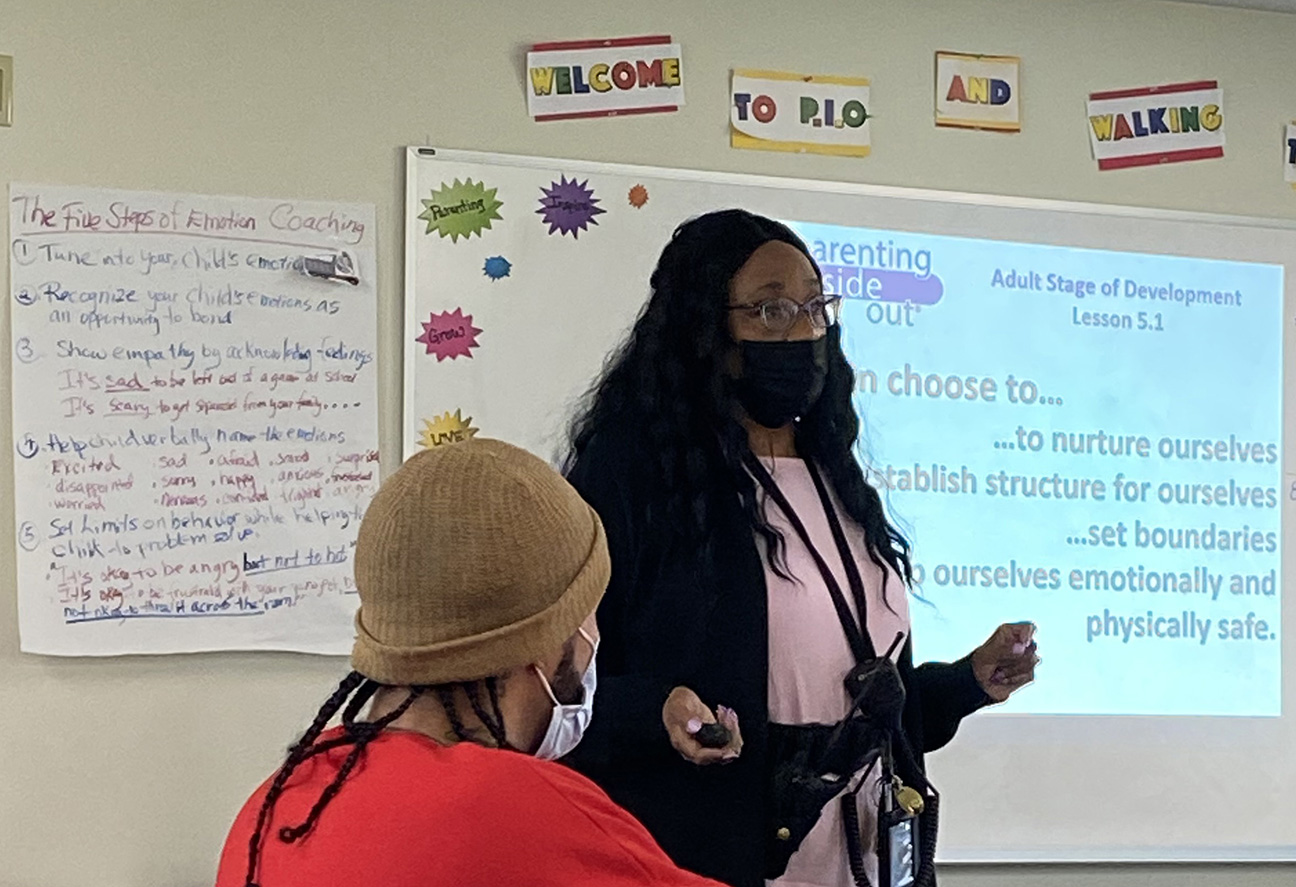 WA DOC: Georgie Brown Fuels Her Passion by Teaching Family Skills
WA DOC: Georgie Brown Fuels Her Passion by Teaching Family Skills 